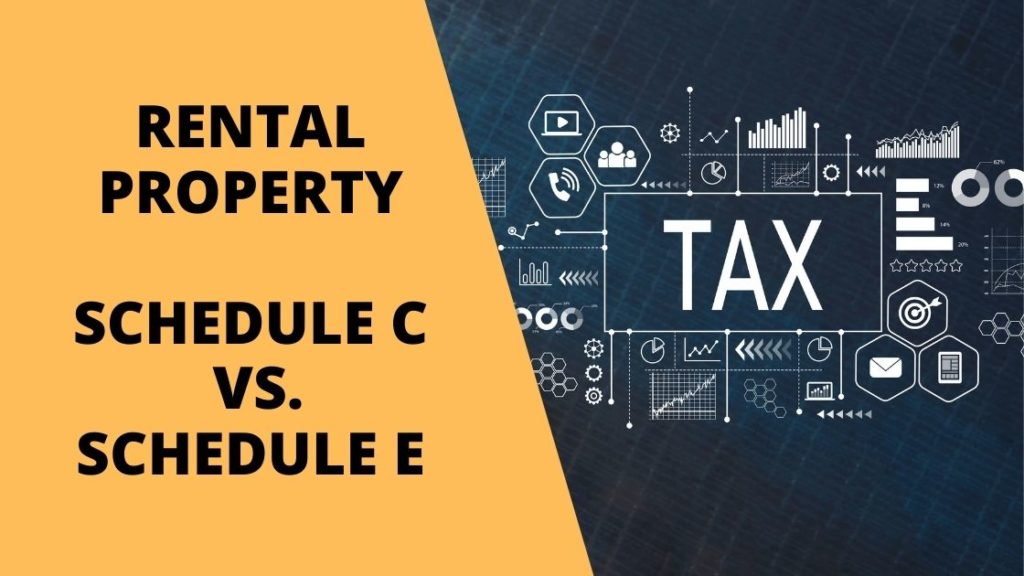
There are two different ways to report rental income on your federal tax return. Each has a different impact on your taxable income and taxes owed, so it’s important to have a basic understanding of the two options. Below is a brief overview of Schedule C versus Schedule E rental income reporting for multi-family investment properties in Massachusetts.
Schedule C Rental Income
Schedule C is used for reporting business income. If your rental properties are owned under an LLC (for which you are the sole owner), you must use this form. You would also use this form if you operate rental properties as an active trade or business. For example, if you own several properties and have employees to help manage them, then you are clearly operating a business. You would use this form. Since it’s business income, self employment tax applies to amounts listed on Schedule C.
Schedule E Rental Income
Schedule E is designed for passive rental income. This form is most appropriate when your rental properties provide supplemental income. For instance, if you own a multi-family property where you live in one unit and rent out the other, you would use Schedule E. If you own multiple properties as passive income sources, you might also use this form. Earnings on this form still contribute to your taxable income, but no additional self-employment tax applies.
Other Important Differences Between Schedule C versus Schedule E Rental Income
In addition to tax liabilities, you should also consider limitations on losses reported on each schedule. The amount of passive losses allowed on Schedule E depend on your adjusted gross income (AGI). For the 2020 tax year, passive losses were limited to $25,000 if AGI below $100k. It then phases out for AGI’s up to $150,000. This can be important, especially if you have potentially high losses.
Before deciding on Schedule C versus Schedule E rental income reporting, consult with an accountant and/or tax professional. Assess the short-term versus long-term impact of each. Also take into account your future investment plans. Do you intend to purchase multiple properties? How might your deductions and tax scenarios vary as a result. Understanding the advantages and disadvantages will help you make better financial decisions.


